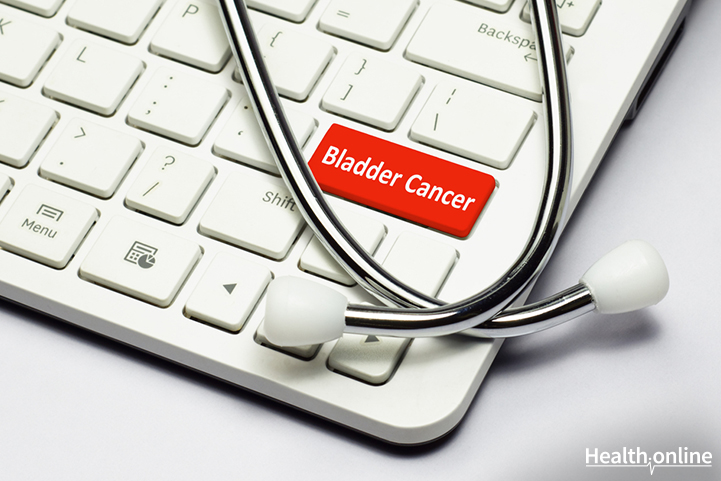
7 Common Signs and Symptoms of Bladder Cancer
Like many forms of cancer, the symptoms of bladder cancer can mimic other forms of cancer and bladder conditions. According to the American Cancer Society, blood in the urine (or hematuria) is one of the most prevalent and early signs of this form of cancer. The blood may cause discolored pink, orange, or even dark red urine, and it may exist in the early stages without any other pain or symptoms. However, hematuria should prompt an immediate visit to a doctor.
The following signs and symptoms of bladder cancer may exist alone or be accompanied by more than one telltale symptom:
Blood in urine
Blood in urine, or hematuria, often occurs in the earlier stages of bladder cancer. This is actually the most prevalent symptom of bladder cancer, present in an average of 9 out of 10 patients. The urine may be tinged in color (i.e., pink, orange, or red) or it may contain trace amounts of blood or blood clots. Even if the blood disappears for a few days or weeks, patients with bladder cancer will have reappearing hematuria. However, keep in mind that blood in urine can also be present if the patient has benign kidney disease, a kidney infection, or kidney or bladder stones. A urine test (or urinalysis) will be required by your doctor to determine the exact cause.
Pain
In some cases, blood in the urine (or hematuria) may be accompanied by mild pain during urination. However, many bladder cancer patients don’t experience any pain or discomfort in the early stages. Pain is more common when an infection, or bladder or kidney stones, are present. Pain in the lower back near the kidneys (or flanks) can also be an indication of later stage bladder cancer. However, this can also indicate the presence of a bladder infection. Pain centered in the pelvic, anal, or rectum region or in the bones can be an indication of advanced bladder cancer.
Recurrent UTIs
Frequent urinary tract infections (or UTIs) are also an early indication of bladder cancer. If your doctor prescribes medicine for a UTI and you have no improvement, please follow up immediately.
Frequent urination
If you’ve been compelled to make one too many visits to the restroom, this can be a sign of an underlying issue such as bladder cancer; particularly if you only urinate very small amounts at a time, even though you feel an overwhelming urge to urinate.
Weight loss
Appetite loss and weight loss are common symptoms of bladder cancer once cancer has spread to other parts of the body.
Swelling in the legs
Patients in more advanced stages of bladder cancer can experience swelling or fluid buildup in the legs (edema), due to the development of a growth (metastases) near the bladder.
Fatigue and Anaemia
A buildup of urea (toxins in the urine) and other metabolic by-products can occur in later stage bladder cancer in patients with a urinary tract obstruction. This can result in anemia due to blood loss, due to cancer treatments (i.e., chemotherapy), and associated fatigue.




